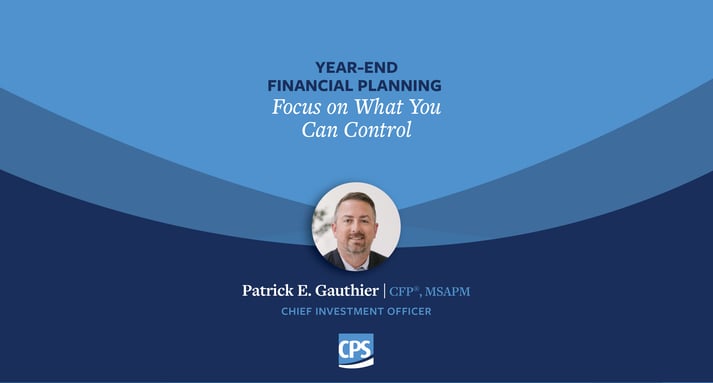Staying Steady | Navigating Market Volatility Amidst Economic Contradictions
In April, the markets experienced a significant shift, moving away from the gains seen in the first quarter. Investors are now grappling with the challenge of navigating tight monetary conditions alongside a robust job market and a steadily growing economy. Questions arise: Will consumers maintain their spending habits? Is the market going to drop if the economy slows? While these are valid concerns, they shouldn't derail your long-term investment strategy.
For seasoned investors, sudden market corrections shouldn't be unexpected. History has shown us that volatility is par for the course, especially in today's era of rapid information dissemination. Wall Street giants have long invested substantial resources in high-speed trading systems, leveraging algorithms to execute quantitative strategies swiftly. Therefore, the uptick in volatility shouldn't catch long-term investors off guard. It's crucial to recognize that short-term fluctuations have minimal impact when viewed through the lens of patience and long-term planning, as your wealth management goals rarely consider month-month changes in value.
Can the consumer maintain spending habits? Depends on whom you ask. Recent earnings reports suggest that the lower income consumers are starting to feel the pressure from tight monetary conditions. Sales at drive-thru’s and coffee shops are showing signs of leveling off, but air travel is still plenty busy. Large corporations are becoming stricter on workers returning to the office, putting more people back on the roads and into the air. Recent polls indicate a fair chunk of consumers have no plans to adjust spending, while those that do will choose to adjust spending on entertainment shopping. Necessities, by definition, will continue to sell.
How should you view uncertainty in the markets? We propose the straightforward option of opportunity. As Warren Buffett says, “Be fearful when others are greedy. Be greedy when others are fearful.” While outright fear is yet to strike markets, it will eventually come. When it does, the simplicity of owning high-quality companies will shine in the long run. If markets discount the value of great businesses, you should be buying them. In the long run, companies are valued based on their ability to produce earnings and return capital to shareholders. You should value them the same way, and certainly not on a short-term basis.







